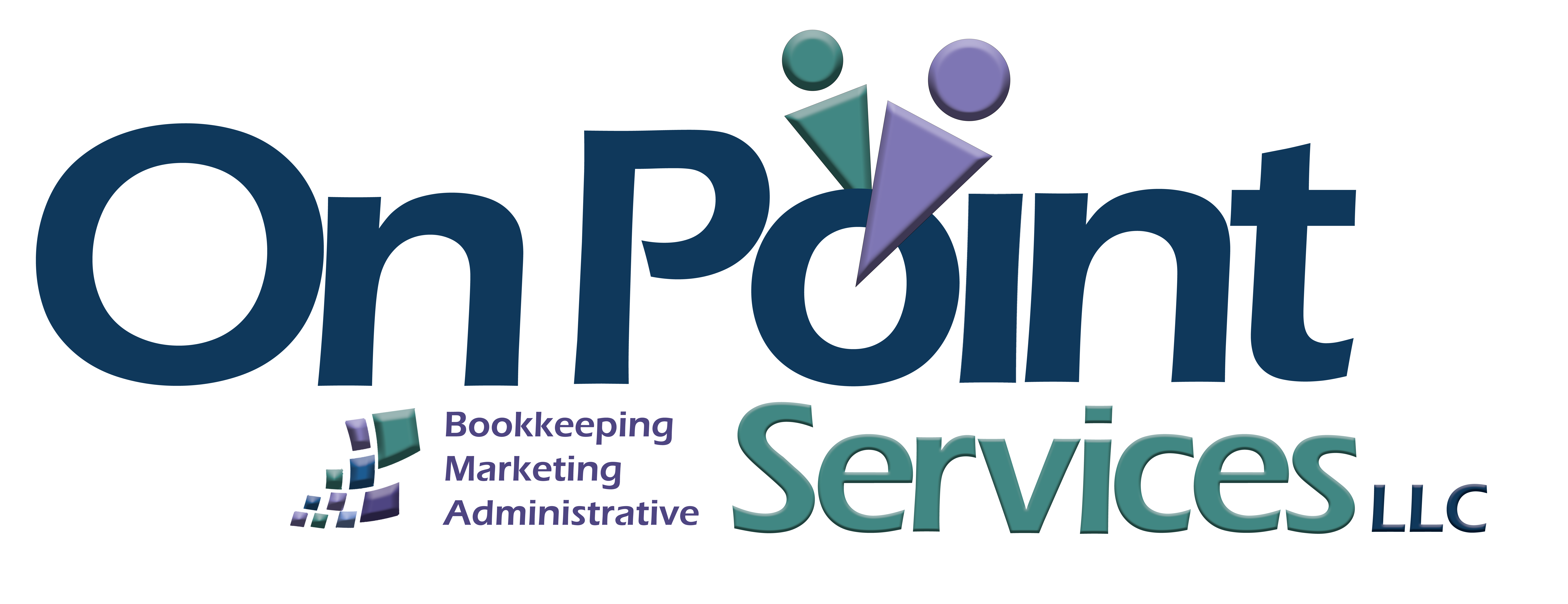In the realm of small business, efficient bookkeeping is not just a necessity—it’s a cornerstone for success. Streamlined bookkeeping processes can save you time, reduce errors, and provide clarity about your financial health. Here are essential tips and tools to bring efficiency to your bookkeeping, ensuring your small business thrives in a competitive market.
Essential Tips for Efficient Bookkeeping
1. Keep Personal and Business Finances Separate: This simplifies bookkeeping and tax preparation immensely. Use separate bank accounts and credit cards for business transactions to avoid confusion.
2. Automate Where Possible: Utilize bookkeeping software to automate tasks such as invoice generation, bill payments, and financial report preparation. Automation reduces manual entry errors and frees up your time for other business activities.
3. Go Paperless: Digital records are easier to manage, search, and back up. Use cloud-based accounting software to store your financial documents securely online, ensuring they are accessible from anywhere at any time.
4. Regularly Update Your Books: Allocate time weekly or monthly for bookkeeping to avoid a backlog of transactions. This habit helps in maintaining up-to-date financial records, making it easier to monitor cash flow and make informed decisions.
5. Understand Your Financial Statements: Familiarize yourself with the basics of financial statements, including the balance sheet, income statement, and cash flow statement. This knowledge is crucial for interpreting your business’s financial health and making strategic decisions.
Tools to Streamline Your Bookkeeping
1. Accounting Software: Platforms like QuickBooks, Xero, and FreshBooks are designed to simplify bookkeeping for small businesses. They offer features like invoicing, expense tracking, payroll processing, and financial reporting.
2. Expense Tracking Apps: Apps such as Expensify or Receipt Bank help you track and organize expenses effortlessly. By scanning receipts and logging expenses on the go, you ensure no transaction is missed.
3. Cloud Storage: Solutions like Google Drive or Dropbox are perfect for storing digital copies of financial documents securely. They facilitate easy sharing and collaboration with your team or accountant.
4. Online Payment Systems: Incorporate payment systems like PayPal or Stripe to streamline invoice payments and reduce the delays in receiving funds. These systems can integrate with your bookkeeping software, automating revenue tracking.
5. Payroll Services: If your business has employees, using a payroll service can save you a considerable amount of time and ensure compliance with tax laws. Services like Gusto or ADP offer comprehensive payroll solutions tailored to small businesses.
By implementing these tips and tools, you can achieve a more streamlined, efficient, and error-free bookkeeping process. Not only will this lead to better financial management, but it will also allow you to focus more on growing your business and less on the nuances of financial record-keeping.

